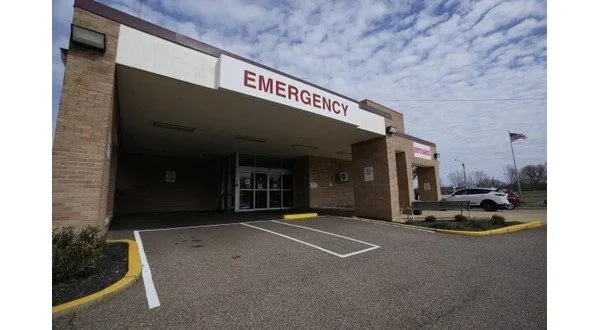
A troubling new report from the Center for Healthcare Quality & Payment Reform (CHQPR) reveals that 30 of Arkansas’ 47 rural hospitals are at risk of shutting down, with 11 classified as being at “immediate risk.”
The findings are part of a national study examining the financial stability of rural hospitals across the U.S. The primary drivers of the crisis, according to the report, are losses on patient services, insufficient alternative revenue sources, and critically low financial reserves.
“Over the past decade, more than 100 rural hospitals have closed,” the CHQPR report states. “As a result, the millions of Americans who live in those communities no longer have access to an emergency room, inpatient care, and many other hospital services that citizens in most of the rest of the country take for granted.”
Nationwide, over 700 rural hospitalsabout one-third of all rural hospitals in the countryare at risk of closing, and more than 300 of those are at immediate risk due to financial instability.
Arkansas Among Worst-Affected States
The report ranks Arkansas 8th in the nation for rural hospitals at immediate risk, with 23% of its rural hospitals in that category. Here’s how Arkansas compares to other states in the top 10:
Connecticut 50% at immediate risk
Alabama 49%
New York 36%
Mississippi 30%
Oklahoma 29%
Kansas 29%
Tennessee 25%
Virginia 23%
Arkansas 23%
Maine 21%
What’s at Stake?
The closure of rural hospitals would have devastating consequences for isolated communities, particularly in Arkansas where many residents already face long travel times for specialized medical care. Losing these facilities could mean no immediate access to emergency services or inpatient treatmentpotentially putting lives at risk.
Beyond health outcomes, the report notes that closures could negatively affect the economy, especially in areas dependent on agriculture, energy production, and manufacturing. Employers may struggle to attract or retain workers if communities lack accessible healthcare services.
Solutions Needed
CHQPR emphasizes that public and private insurers must take responsibility for changing the way they fund rural hospitals.
“Private insurance companies and public insurance programs need to make significant changes in both the amounts and methods they use to pay for rural hospital services in order to prevent more rural hospitals from closing in the future,” the report said.
To read the full CHQPR report, visit the Center for Healthcare Quality & Payment Reform.
WebReadyTM Powered by WireReady® NSI










